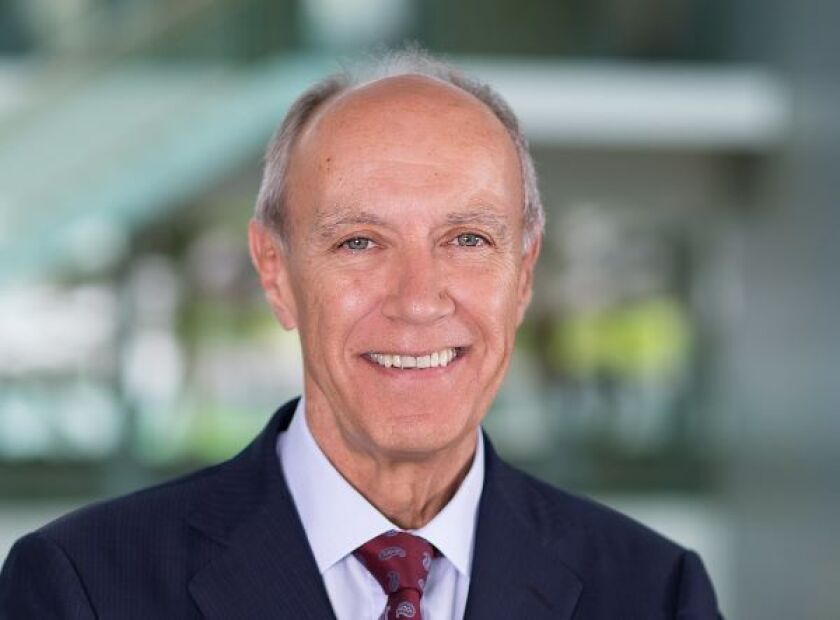Francis Gurry, the director general of WIPO, has hit back at previous allegations made against him, insisting that people who make accusations and the media that report them should face greater scrutiny.
Gurry, who departs WIPO in September after 12 years in office, was speaking to Managing IP in what could be his last major media interview as DG.
The Australian made headlines after he was accused in 2014 of being involved in the illicit taking of some workers’ DNA and interfering in a procurement process.
A subsequent report by the UN’s Office of Internal Oversight Services – the full version of which was not made publicly available – found that there was no evidence that Gurry was involved in any DNA scandal. However, it did find that he directly influenced the giving of a WIPO contract.
In two separate matters, the UN Sanctions Committee found that Gurry did not violate UN resolutions by providing technical assistance to Iran and North Korea.
Gurry insists there is a duty on the media to report such findings, particularly if outlets have covered the initial allegations.
Speaking about the DNA findings, Gurry claims: “There was very little [media] reporting on the conclusions. The report found one sentence: ‘There is absolutely no evidence to support these allegations.’
“What do you want me to do?” he asks.
Gurry adds: “You have certain people running around saying this, that and the other, but what’s the responsibility of someone who makes this accusation and which results in a six or 12 month process from which there is nothing found?
“We all know that one of the fundamental problems is ‘fake news’ and the integrity of information. Anyone can put anything out there, and I see that as one of our biggest problems. I don’t think we have fully come to terms with this.”
In a wide-ranging interview, Gurry also discusses:
· The growth of Chinese and Asian IP filings;
· Coronavirus and IP rights;
· Artificial intelligence and IP; and
· A look back over his time in office
The full interview will be published on Managing IP next week.











